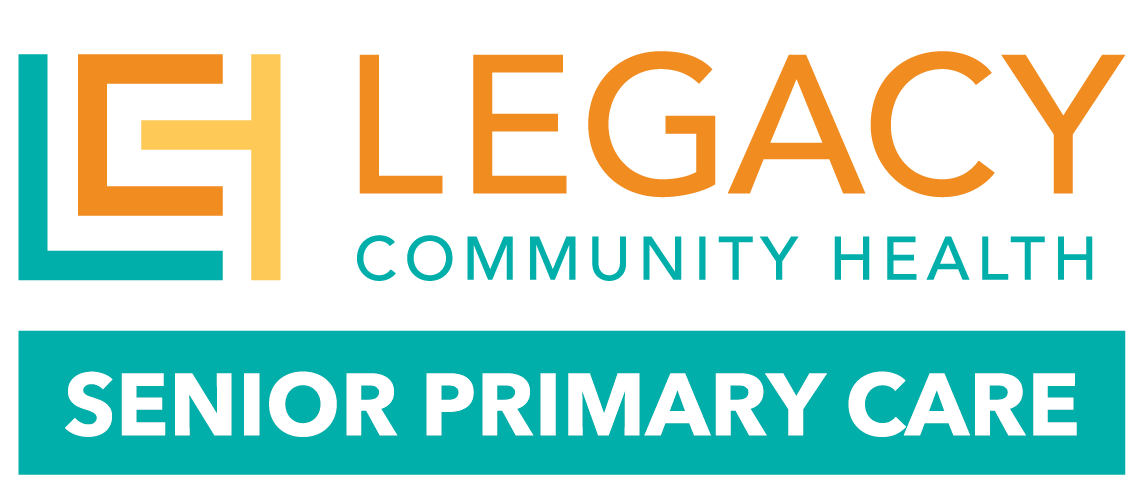Medicare is health insurance for those who are 65 years and older. However, if you have a disability you may be able to get Medicare earlier.
There are two main options for Medicare (Original Medicare and Medicare Advantage) as well as options for additional coverage.
Types of Medicare Coverage
- Original Medicare (Parts A & B): Provided directly by the government and includes both Medicare Parts A and B. Medicare A (hospital insurance) helps pay for inpatient bills for hospital stays, nursing facilities, or hospice. Medicare B (medical insurance) helps pay for outpatient care such as services from physicians, kidney dialysis, preventive care, etc.
- Benefits: Original Medicare allows for the addition of other plans for additional coverage, like Part D (prescription drugs), dental care, vision, etc. It also allows for the selection of a Medicare Supplement Insurance or Medigap plan. The Medigap plan helps pay for costs such as copayments and coinsurance. In order to purchase a Medigap plan, having Part A and Part B is required.
- Considerations: Original Medicare does not cover most prescription drugs, dental care, vision care, or hearing care. It also does not place a limit on out-of-pocket expenses, unless you have a Medicare supplement plan (Medigap).
- Medicare Advantage Plan (Part C): Offered by private insurance companies who have agreements with the federal government and includes Part A, Part B, and usually Part D.
- Benefits: Added benefits may include vision, hearing and dental services. Medicare Advantage has $0 premiums and can help pay all or some of your Part B premium (depending on income), and the co-pays are usually lower.
- Considerations: The Medicare Advantage plan usually requires selecting in-network doctors and hospitals; additional costs will be incurred for visiting an out-of-network doctor or provider. You cannot buy a supplemental Medigap policy like you can with Original Medicare. And there may be steeper out-of-pocket costs potentially if you are in a diagnostics study, are hospitalized or need to see a specialist.
Optional Coverage
- Prescription Drug Coverage (Part D): An optional prescription drug plan offered through private companies. These plans are not standardized, so the list of covered drugs will vary depending on your provider. Part D plans also cover most vaccines offered, except for those covered by Plan B.
- Medicare Supplement Insurance (Medigap): Available only for those enrolled in Original Medicare, Medigap policies are sold by private insurance companies that are used to cover some of the out-of-pocket costs in Original Medicare (e.g. deductibles, co-payments, coinsurance, etc.).
NOTE: There is the option to switch between Medicare Advantage and Original Medicare during the Medicare Annual Enrollment Period each year (October 15 – December 7).
Frequently Asked Questions
How can I find out if I have Medicare coverage?
Call the Social Security Administration 1 (800) 772-1213. Or, call your local Social Security Office to see what plan you are a part of. Click here to find your local SSA office.
I can’t afford my Medicare premiums. What can I do?
In Texas, you may be eligible for the Medicare Savings Program. This program can pay for Medicare Part B premiums, Medicare Part A and B cost-sharing, and sometimes Part A premiums. Click here for more information about eligibility.
Will I automatically be enrolled in Medicare when I turn 65?
If you are already receiving Social Security, Railroad Retirement, or disability benefits, you will automatically be placed in Medicare Part A or Part B. You will be sent an Initial Enrollment Package about three months before your 65th birthday or 24th month of disability. It is then that you will decide whether or not you want both Part A or Part B or if you only want Part A which is the hospital insurance.
After you choose your plan you can then add Part D or Medigap during this point. Each year during the Annual Enrollment Period you can decide if you want to switch to a Medicare Advantage Plan or add/buy .
How can I get help making the Medicare decisions that are best for me?
Many resources are available for assistance with Medicare decisions. Here are few you might find helpful:
Consider These 7 Things When Choosing Coverage
Seven-Point Checklist for Choosing a Medicare Advantage Plan
It’s easy to become a patient
We know selecting or changing your clinician is an important decision. That’s why our caring team members are available to answer all your questions and help you every step of the way, and that includes helping you transition your medical records if they’re with another doctor. It’s that easy!


